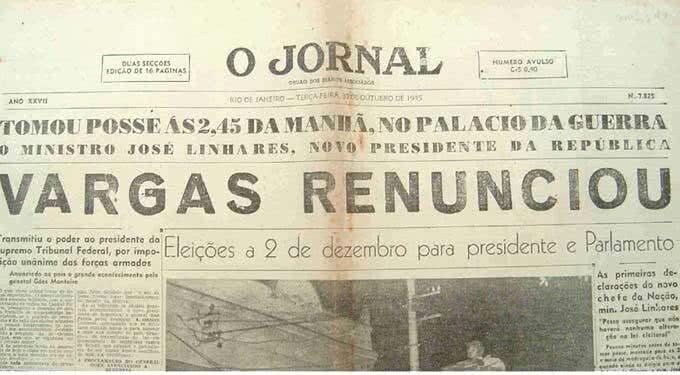To fully understand what history is and the reasons that make it an important discipline, it is necessary reflect a little, in the first place, on the word that underpins it, that is, that gives the basis for think it. That word is “time”. It is essential that we understand why the time to be a term, or rather a concept of paramount importance to history. To do so, we will draw a difference between the timeNatural it's the timehuman.
when we are learning geography or Biology, we generally study contents that allow us to know the geological formation of planet Earth, the billions of years it took our planet to reach the state in which it is today is found, the origin of the first forms of life, the large living beings that inhabited our planet millions of years ago, such as dinosaurs, among many others stuff. Well, all these matters concern the timeNatural, time that is not necessarily part of the human experience.
When we start to study history, we usually come across, in textbooks, with themes related to Prehistory, that is, to the life of primitive men. These themes usually give us an important, but still distant, notion of the complex process that was the passage of pure biological nature to the humanity (or to the History). This scientific insertion of the human in the sphere of the natural, it can be observed above all when we read nomenclatures that frame the human being within the natural evolutionary scale. The term Homosapiens exemplifies this insertion.
However, the timehuman (which is properly the timegivesHistory) is different from natural time in that it is the result of our perception of the action of natural time on us. An example of this action is the old age; another, the most extreme of all, is the death; that is, human time is characterized by the awareness that we are, at each moment, moving towards finitude, towards death. It is the radical experience of finitude, of the awareness of death, that launched primitive man to the production of culture, the development of religion and political organization.
No other animal has this distinction between the time of nature and the time of history, as other animals just live, following instincts and unaware of their own death. Human beings, on the contrary, from the most remote communities began to build funeral urns andmausoleums, in addition to developing forms of communication and artistic representation, such as the paintingsrocks. This was due to the need to record in symbols the experience that differentiated them from other animals and from nature itself.
The development of language and from writing also follows this need for expression and articulation within time. You verbs, which express temporal actions, whether in the past, present or future, result from millennia of attempts to preserve the memory of past experiences and relate them to expectations placed in the future. The awareness we have of our radical experience of time has made us, throughout history, produce countless documents and monuments that could withstand time and give future men the testimony of past. There is an Egyptian proverb that expresses well this radical experience we have of time and the difference there is with natural time. Says the proverb: “Man fears time, but time fears pyramids”.
By Me. Cláudio Fernandes



